Brave New World
By Aldous Huxley
Category
Science FictionRecommended by
"Brave New World" by Aldous Huxley takes readers on a thought-provoking journey to a dystopian future. Set in the year 2540, the novel presents a society characterized by advanced technology, strict social conditioning, and the pursuit of pleasure above all else.
In this world, humans are created in laboratories, where they undergo genetic engineering to fit into predefined social classes. Citizens are conditioned from infancy to embrace their predetermined roles, ensuring stability and conformity. Each person is taught to value consumption and superficial happiness, eliminating any deep emotions or critical thinking.
The story follows Bernard Marx, an individual who struggles to conform to this homogeneous society. Despite his constant rebellion against the system, Bernard feels isolated and alienated from others. When he takes a vacation to a "Savage Reservation," he encounters John, a man raised outside the technological bubble of the dominant society.
John serves as the novel's moral compass, representing a world vastly different from the engineered one. He challenges the superficial values of the society, emphasizing the importance of love, freedom, and individuality. However, he too is torn between his desire to escape his isolated existence and his attempts to reconcile his personal beliefs with the dystopian reality he discovers.
As the narrative unfolds, conflicts arise, exposing the deep-rooted flaws of this seemingly perfect world. Huxley explores themes such as the dehumanization caused by technology, the dangers of excessive governmental control, the loss of intellectual pursuit, and the importance of individuality.
"Brave New World" forces readers to question the costs of sacrificing fundamental human values for the sake of stability and happiness. Huxley's novel offers a disturbing yet enlightening critique of society, challenging readers to consider the potential consequences of a future where individuality and genuine human connections are at risk of being forgotten.
In this world, humans are created in laboratories, where they undergo genetic engineering to fit into predefined social classes. Citizens are conditioned from infancy to embrace their predetermined roles, ensuring stability and conformity. Each person is taught to value consumption and superficial happiness, eliminating any deep emotions or critical thinking.
The story follows Bernard Marx, an individual who struggles to conform to this homogeneous society. Despite his constant rebellion against the system, Bernard feels isolated and alienated from others. When he takes a vacation to a "Savage Reservation," he encounters John, a man raised outside the technological bubble of the dominant society.
John serves as the novel's moral compass, representing a world vastly different from the engineered one. He challenges the superficial values of the society, emphasizing the importance of love, freedom, and individuality. However, he too is torn between his desire to escape his isolated existence and his attempts to reconcile his personal beliefs with the dystopian reality he discovers.
As the narrative unfolds, conflicts arise, exposing the deep-rooted flaws of this seemingly perfect world. Huxley explores themes such as the dehumanization caused by technology, the dangers of excessive governmental control, the loss of intellectual pursuit, and the importance of individuality.
"Brave New World" forces readers to question the costs of sacrificing fundamental human values for the sake of stability and happiness. Huxley's novel offers a disturbing yet enlightening critique of society, challenging readers to consider the potential consequences of a future where individuality and genuine human connections are at risk of being forgotten.
Share This Book 📚
More Books in Science Fiction
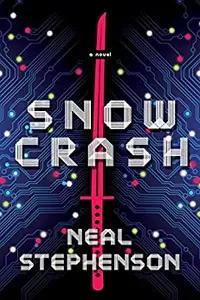
Snow Crash
Neal Stephenson
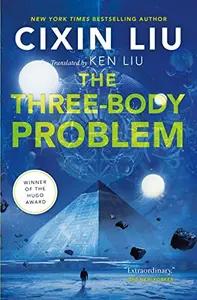
The Three Body Problem
Cixin Liu
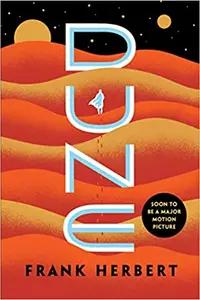
Dune
Frank Herbert
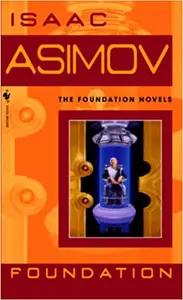
Foundation
Isaac Asimov
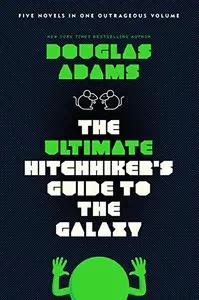
The Hitchhikers Guide to the Galaxy
Douglas Adams
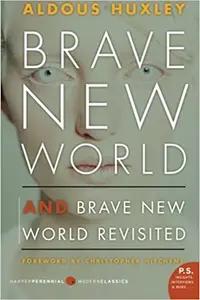
Brave New World
Aldous Huxley
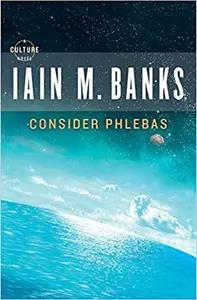
Consider Phlebas
Iain M. Banks

Ender's Game
Orson Scott Card
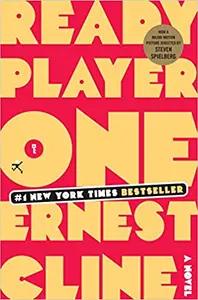
Ready Player One
Ernest Cline
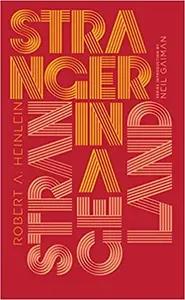
Stranger In A Strange Land
Robert Heinlein
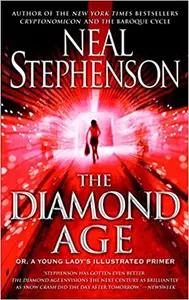
The Diamond Age
Neal Stephenson

The Martian
Andy Weir
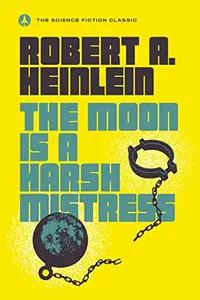
The Moon Is A Harsh Mistress
Robert Heinlein
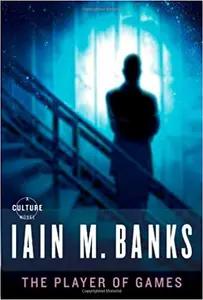
The Player of Games
Iain Banks
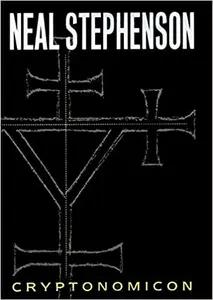
Cryptonomicon
Neal Stephenson
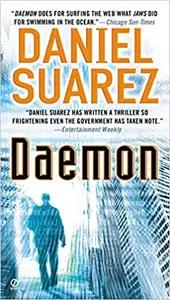
Daemon
Daniel Suarez
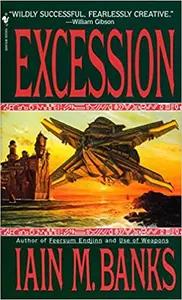
Excession
Iain M. Banks
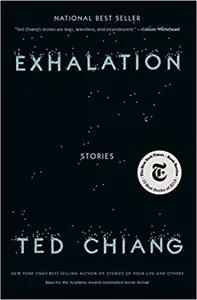
Exhalation
Ted Chiang
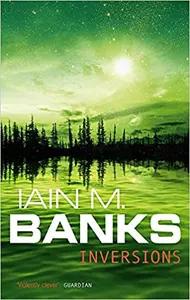
Inversions
Iain M. Banks
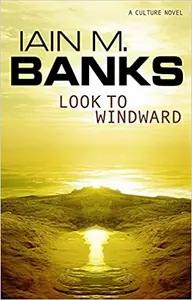
Look to Windward
Iain M. Banks

Matter
Iain M. Banks
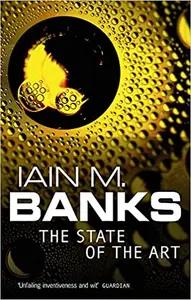
State of the Art
Iain M. Banks
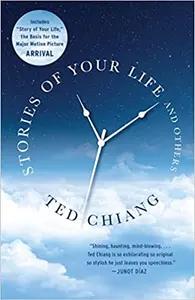
Stories of Your Life and Others
Ted Chiang
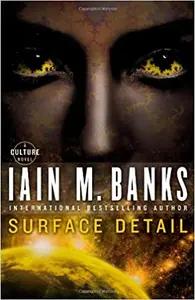
Surface Detail
Iain M. Banks
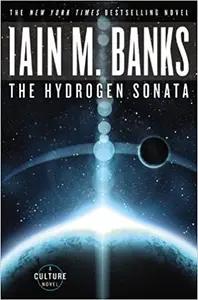
The Hydrogen Sonata
Iain M. Banks

Use of Weapons
Iain M. Banks
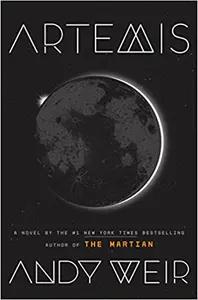
Artemis
Andy Weir
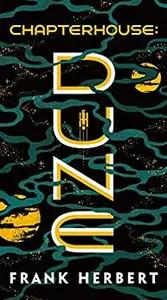
Chapterhouse
Frank Herbert

Children of Dune
Frank Herbert
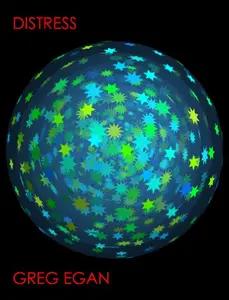
Distress
Greg Egan
Popular Books Recommended by Great Minds 📚
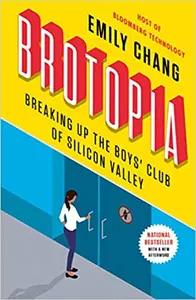
Brotopia
Emily Chang
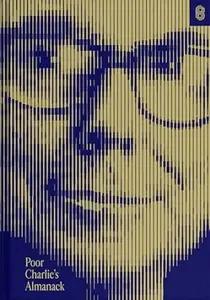
Poor Charlie's Almanack
Charlie Munger
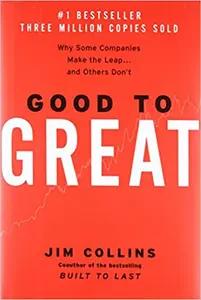
Good To Great
Jim Collins

The Holy Bible
Various
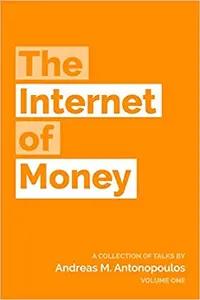
The Internet of Money Volume 1
Andreas Antonopolous
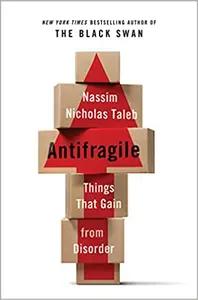
Antifragile
Nassim Nicholas Taleb
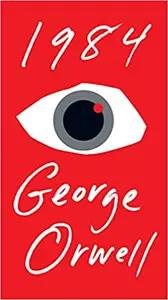
1984
George Orwell
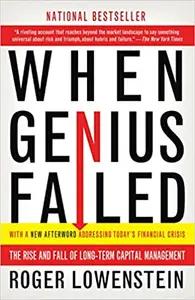
When Genius Failed
Roger Lowenstein
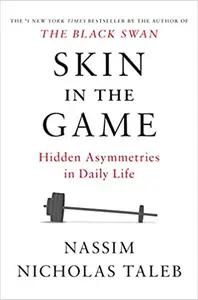
Skin In The Game
Nassim Taleb
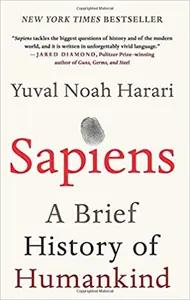
Sapiens
Yuval Noah Harari
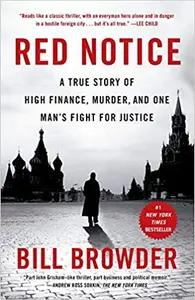
Red Notice
Bill Browder

The Hitchhikers Guide to the Galaxy
Douglas Adams

Dune
Frank Herbert
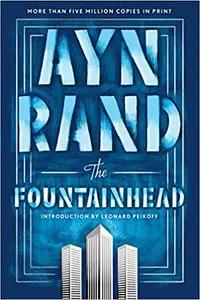
The Fountainhead
Ayn Rand
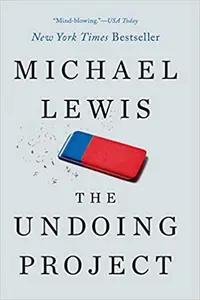
The Undoing Project
Michael Lewis
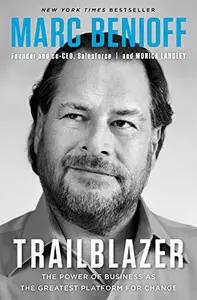
Trailblazer
Marc Benioff
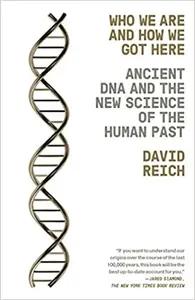
Who We Are and How We Got Here
David Reich
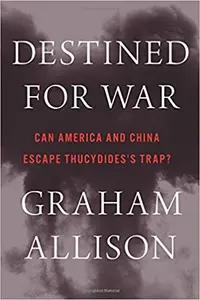
Destined For War
Graham Allison
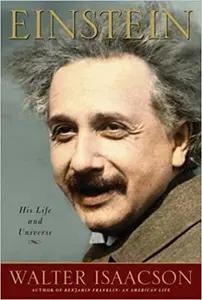
Einstein
Walter Isaacson
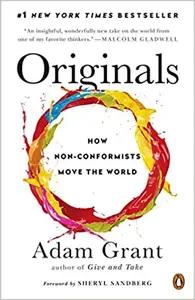
Originals
Adam Grant
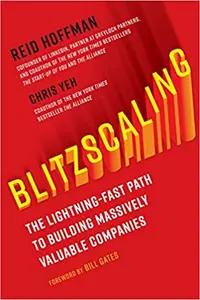
Blitzscaling
Reid Hoffman
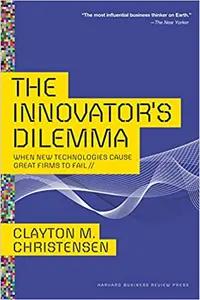
The Innovators Dilemma
Clayton Christensen
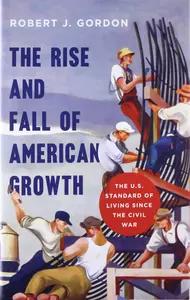
The Rise And Fall Of American Growth
Robert J. Gordon

Hillbilly Elegy
J.D. Vance
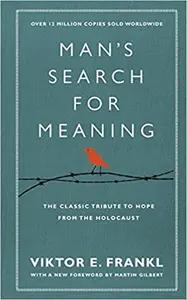
Man's Search for Meaning
Viktor Frankl
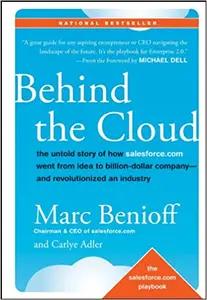
Behind the Cloud
Marc Benioff
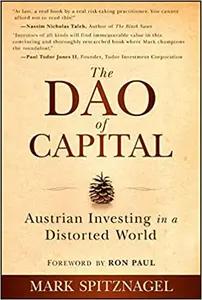
The Dao of Capital
Mark Spitznagel
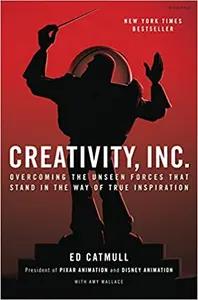
Creativity, Inc.
Ed Catmull
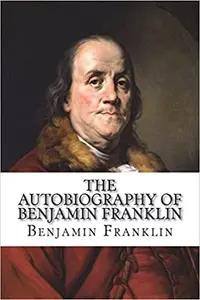
The Autobiography of Benjamin Franklin
Benjamin Franklin
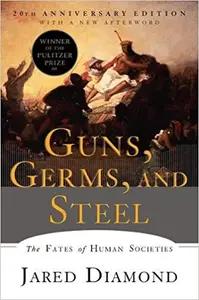
Guns, Germs, and Steel
Jared Diamond